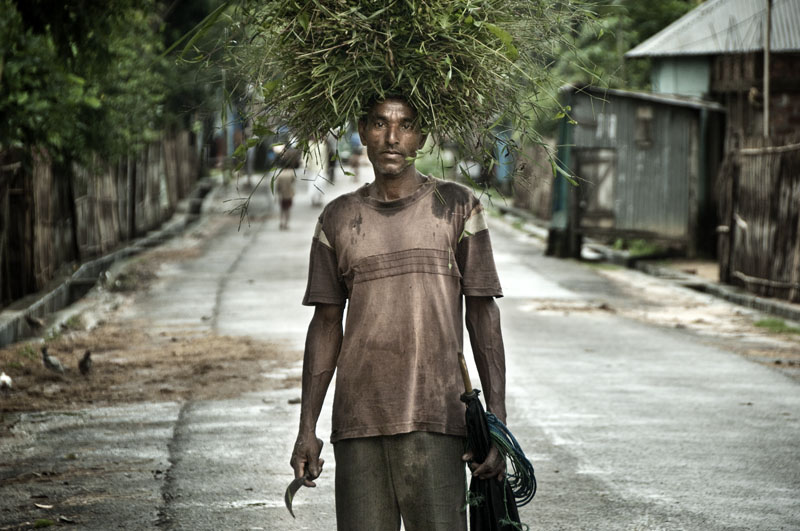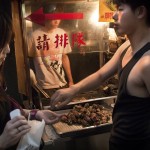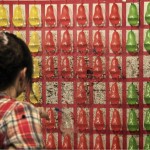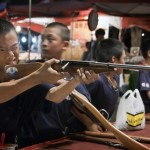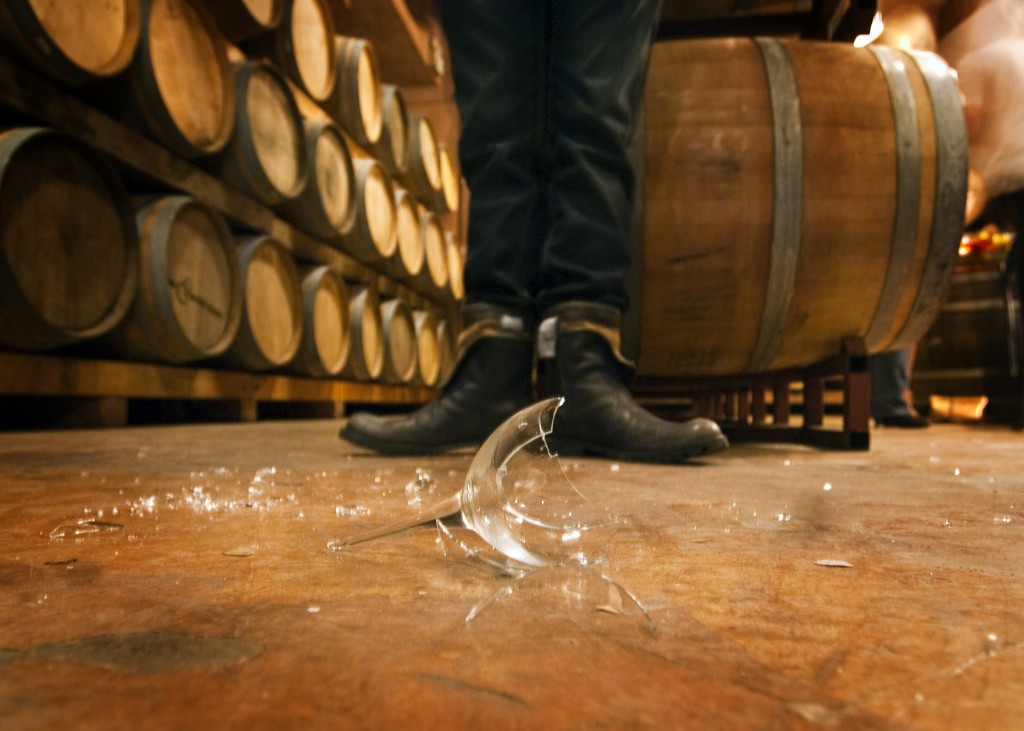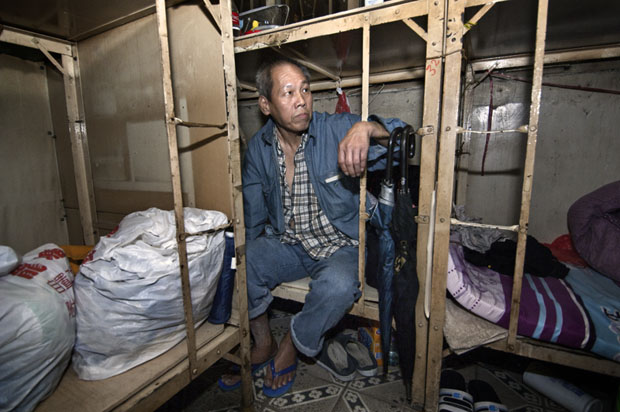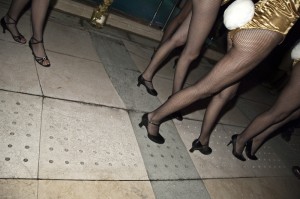In Walt Whitman’s first version of Leaves of Grass, there’s an engraving of the young author. He stares out from the page with a dark, scruffy beard. His hand is on his hip, and his black felt hat is tilted—he has the brash, cocksure attitude of a Harrison Ford character.
But on my paperback, there’s another image of Walt Whitman: a photo of him with a scruffy, white beard—a sort of proletarian Santa Clause. In it, the face of youthful rebellion has been replaced by a pensive gaze.
Whitman spent a decades editing and adding to Leaves of Grass, and the two different images of the iconic poet represent more than just his physical aging. As he got older, he experienced the world differently.
In the first version of Leaves of Grass, he wrote:
I think I will do nothing for a long time but listen,
And accrue what I hear into myself …. and let sounds contribute toward me
And in the much later version, the poem reads:
I think I will do nothing for a long time but listen,
To accrue what I hear into this song, to let sounds contribute toward it
Only four words changed, but Whitman changed the focus of his experiences. In his youth, his listening and learning is directed only to his self. As he became older, he’s still listening and learning, but it’s directed towards a creating something new, his ‘song’.
The life of the young Whitman and the old Whitman both involve learning and experiencing the world, but the later one adds meaning beyond the self while sacrificing the joys of experiencing the world for its own sake.
Now as a reporter, I’ve become the old Whitman, constantly trying to accrue experiences that could contribute to an article. I wish sometimes I took more time to do nothing but listen, but when I do, it has become impossible to turn off the journalist. Off hours, reporters are constantly listening to the world with an ear out for a story. Being a reporter becomes part of one’s identity, permanently affecting the way one experiences the world.
And what happened to Whitman between his first edition and his ninth?
I’m no Whitman scholar, but after he published his first version, he became a Civil War correspondent.

